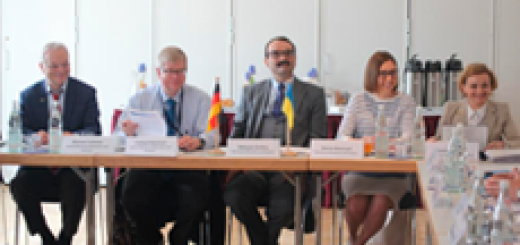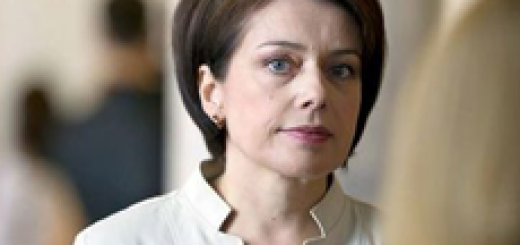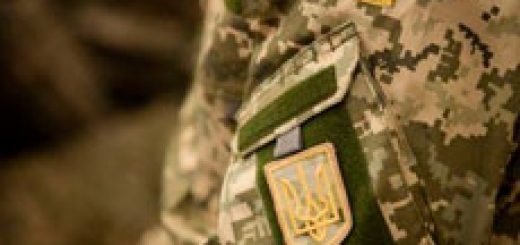 Finnish education has long been noted by world scientists and specialists, which gives full right to talk about its quality and uniqueness. For many years, the education system of the country has surprised education workers, because students from Finland show the highest results in the world in terms of knowledge level. Also, they became the most read children on the planet, took 2nd place in natural sciences and 5th in mathematics.
Finnish education has long been noted by world scientists and specialists, which gives full right to talk about its quality and uniqueness. For many years, the education system of the country has surprised education workers, because students from Finland show the highest results in the world in terms of knowledge level. Also, they became the most read children on the planet, took 2nd place in natural sciences and 5th in mathematics.
What captured the attention of the entire world pedagogical community? The answer to this question is the amount of time each student spends, because despite the high results, Finnish schoolchildren spend the least amount of time studying. This has also led to a decrease in the funds that the Finnish state spends on education, even compared to many other countries.
The structure of compulsory secondary education in Finland includes a two-level school: lower (alakaolu) – from 1st to 6th grade, and upper (yläkoulu) – from 7th to 9th grade.
Also, there is an additional 10th grade in which students can improve their grades. After completing the first stages of education, children can choose between two paths, to go to a vocational college, or to continue their studies at a lyceum (lukio), in our system it is grades 11-12.
What is so unique and why has Finnish education acquired such high-quality development? The solution is to implement all the principles of the "secondary" level of Finnish education.
 First, this is the equality of all before everyone, no one and nothing can be higher.
First, this is the equality of all before everyone, no one and nothing can be higher.
There is no division between the elite and the "weak", all children have the same rights, and schools are equipped with the same equipment.
The Finns try to integrate into society as much as possible those who need special treatment. The difference between weak and strong students is the smallest in the world.
Subjects in educational institutions are also not divided into basic and additional subjects, for example, mathematics cannot be more important than arts. The exception to this system can only be that a separate class can be created for children inclined to drawing, music and sports.
Second, the freeness of all components of the educational process, starting from the education itself, the purchase of equipment for students (office supplies, calculators, and even laptops and tablets), and ending with excursions and school taxis (buses).
Third, the individuality of each child. Although all children in the class have equal rights and responsibilities, educators do not forget about their different opportunities. Therefore, an individual education and development plan is drawn up for each child.
Even studying in the same class, children perform exercises of different levels of difficulty, according to their capabilities. In addition to regular education, there are two unique types of educational process in Finnish schools: support for "weak" students (something similar to what private tutors do in our country) and remedial education (conducted to solve problems of learning the material, conducted in small groups, or individually).
The fourth principle there is practicality, learning only what students will need in the future. Children in schools are prepared for life, not for passing some exams and tests. Therefore, there are no exams in Finnish schools, but there is only one mandatory standard test, which in the end does not decide anything.
The fifth principle includes trust in both children and teachers. This means that the teachers do not have any tests, and the child, if he wishes, can do something of his own during the lesson.
Sixth principle emphasizes the voluntariness of choice. The teacher can try to draw the child's attention to learning, but if she is not interested in it and she flatly refuses to learn the subject, no one will force her.
Studying in a Finnish school is a soft, delicate process, but on the other hand it is quite controlled, that is, simply not going to school will not work. Attending school is mandatory, and all missed lessons will have to be "Sit Out" in the literal sense. A teacher can take a student to another class, even with a different grade level, and the student must make up all the missed time.
Final, the seventh principle is independence. The main thing a child needs to learn at school is an independent future successful life.
The teacher does not tell the same material at school, it is all already in the books. In order for every child to develop, Finnish schools teach students to think and acquire knowledge themselves, because it is important not to memorize formulas, but to be able to use a reference book, a text, the Internet, a calculator - to attract the necessary resources to solve current problems.
 The learning process is open, creative and high-quality.
The learning process is open, creative and high-quality.
There are no fences and guards on the territory of schools, because most schools are automated with an access control system (For example, how ASIK "School - Safe school"), so you can enter the building only according to the schedule.
Children do not have to sit at desks, because some schools have classrooms with couches, chairs, and special carpets. Note that in warm weather, lessons are often held outdoors, for example somewhere in a park.
Also, there are no requirements regarding clothing, you only need to have a change of shoes.
Homework is almost never given, because children should rest, and their parents should not engage in lessons with their children, teachers recommend instead a family trip to a museum, forest or swimming pool.
There are also significant differences, such as the absence of answers near the board, the teacher having his own assistant, and the permission to fill in the notebook with a pencil.
Education in Finland has its pros and cons, but the results demonstrate its effectiveness and feasibility. The main goal of this method of education is to teach the child independence, preserve the nerves of both the child and their parents, and raise the cultural and moral development of the child.






